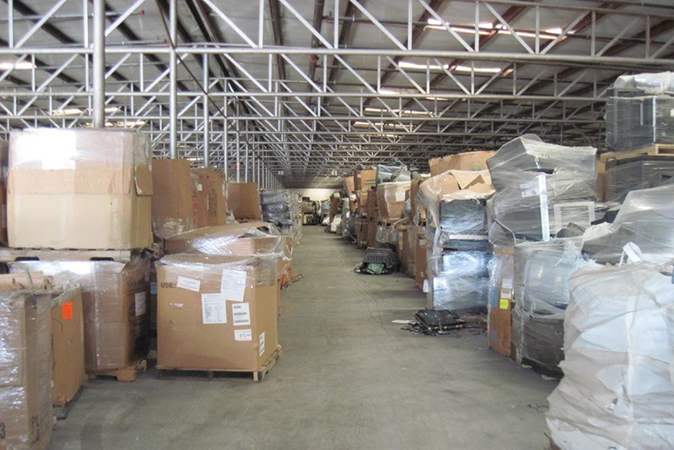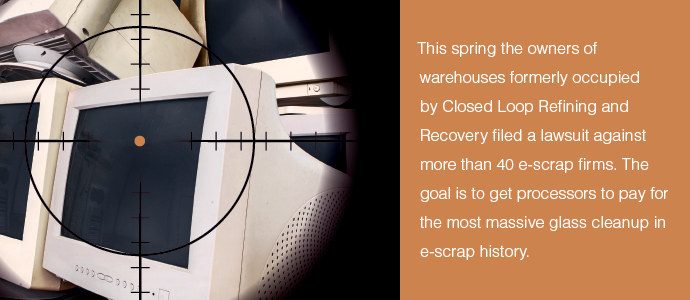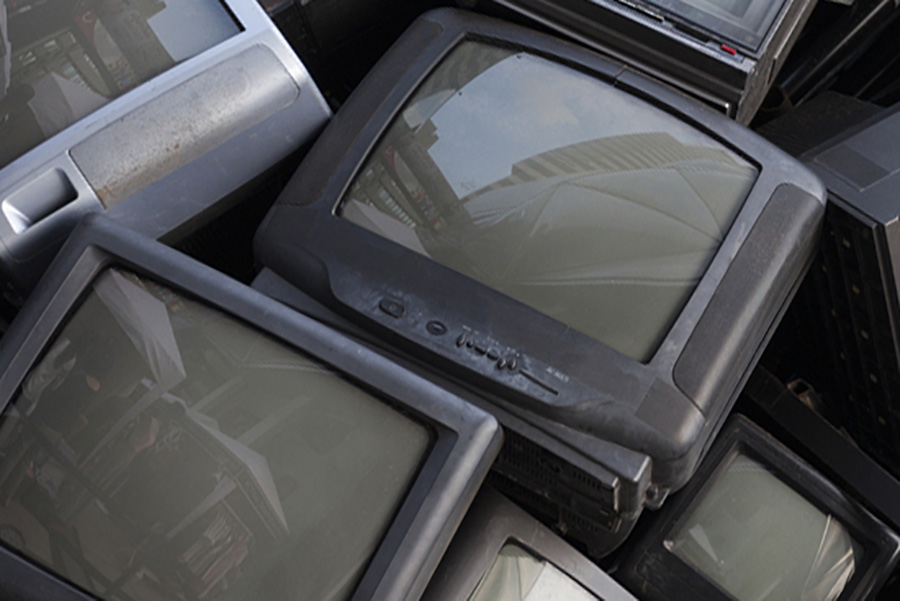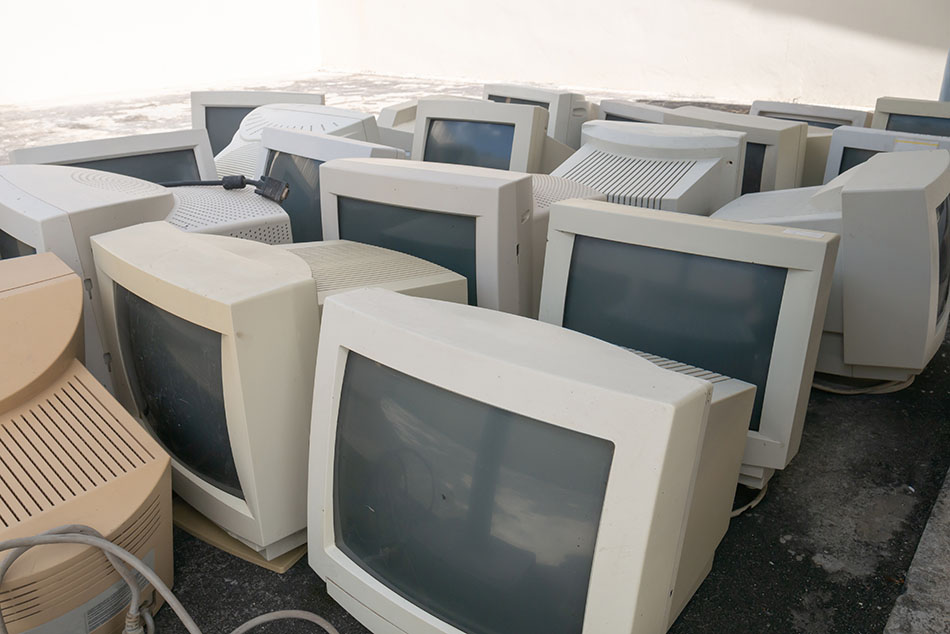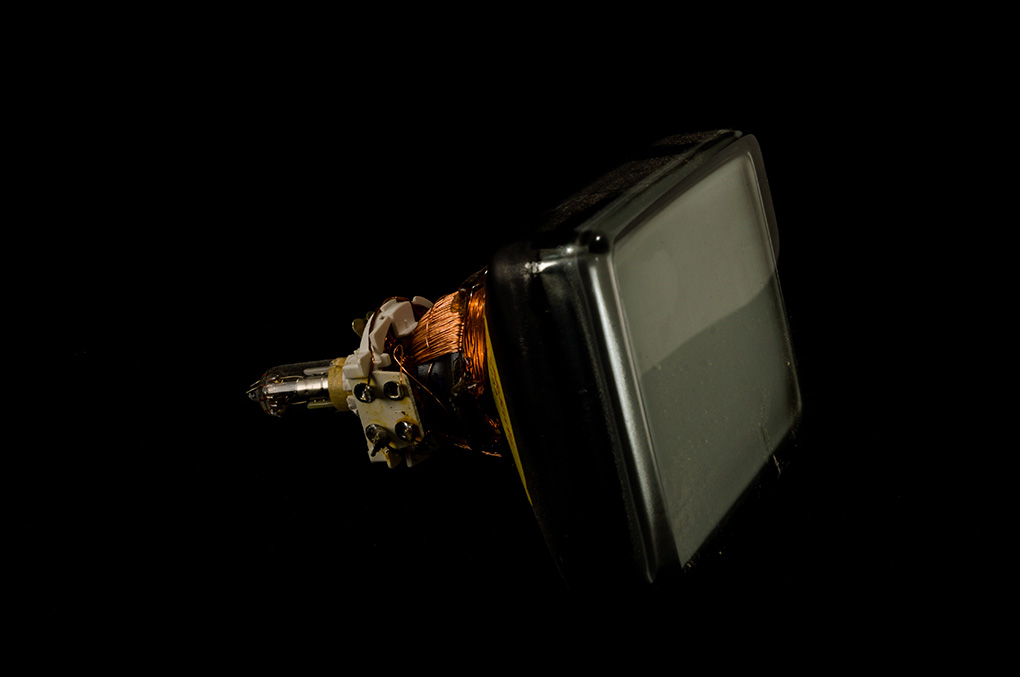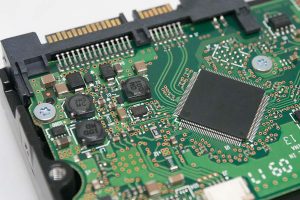
Megan Tabb of Synergy speaks at the 2019 E-Scrap Conference and Trade Show. | Brian Adams Photography
At the E-Scrap Conference and Trade Show last month, Megan Tabb of North Carolina processor Synergy Electronics Recycling offered advice for companies looking to remain afloat in the challenging world of CRT management.


